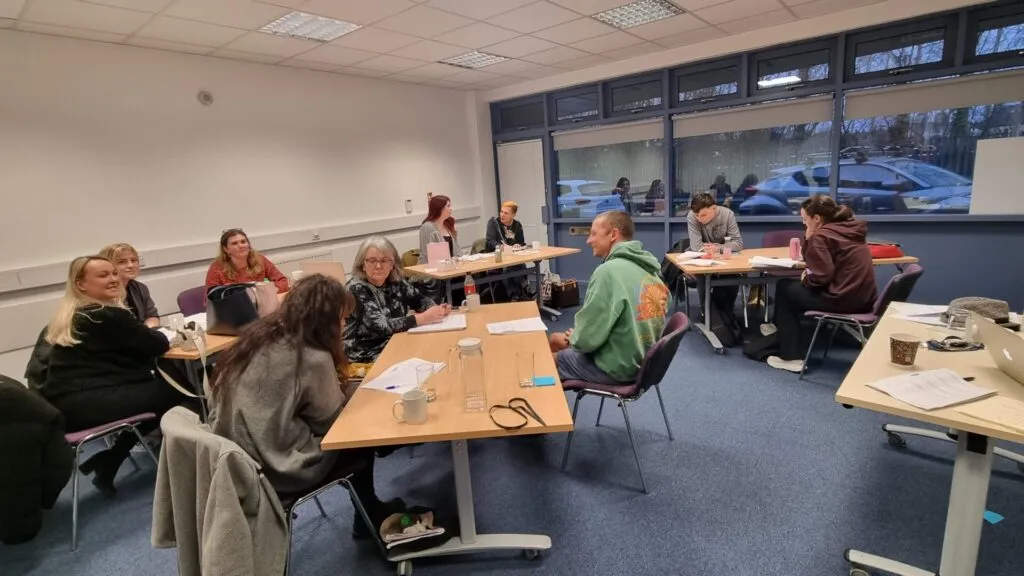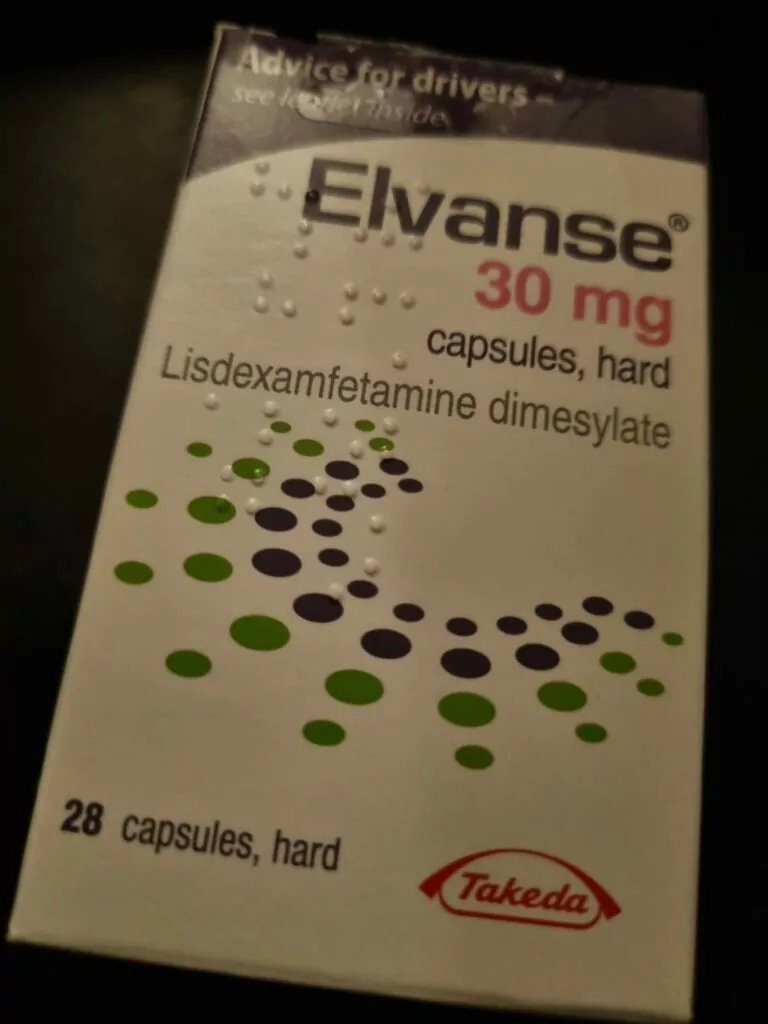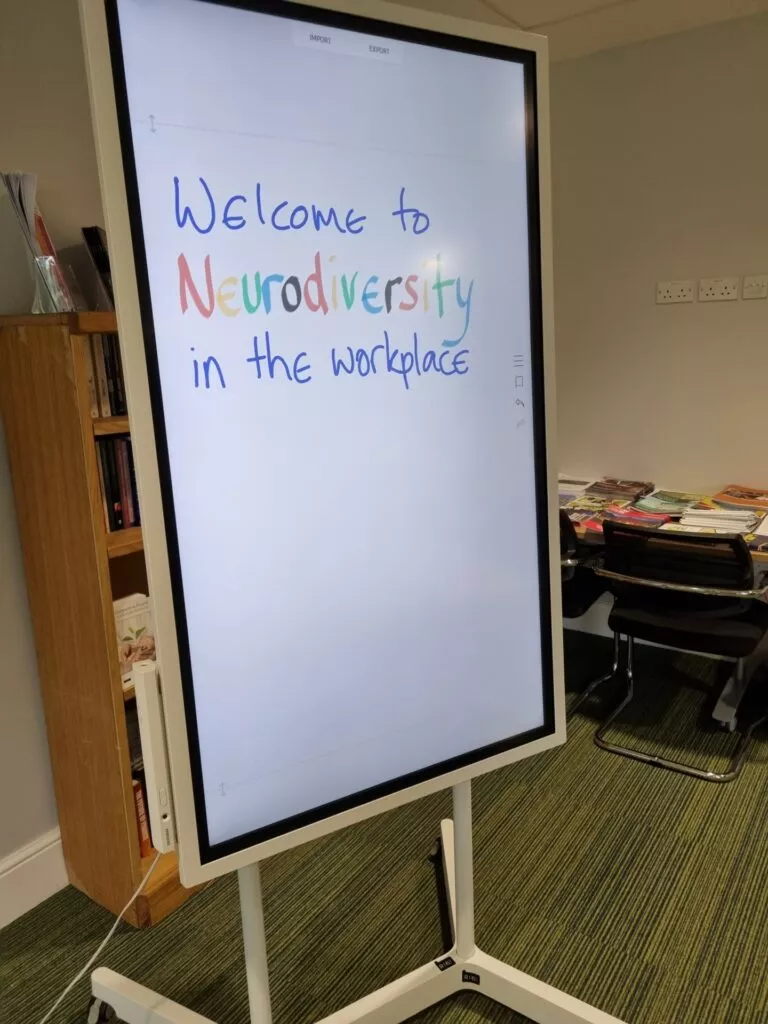Neurodiversity and homelessness 101
12% of autistic people have experienced homelessness, compared to just 1-2% of general population – and we think that might be an under-estimate.
This is an alarming statistic, and is exacerbated by the housing crisis.
The relationship between neurodiversity and homelessness is an important issue for housing agencies, support services and campaigners.

Neurodiversity and homelessness: Barriers to housing
Neurodivergent people experience significant barriers in accessing housing. These include:
- disengagement from social services, both statutory and voluntary sector
- lack of adequate, neurodivergent-specific support from all sectors
- high rates of unemployment; difficulties in getting and keeping a job
- low educational outcomes, due to barriers in the education system
- intersections with class, race and gender
- co-occurring illness, disabilities or conditions
- barriers to specific neurodivergent traits: for example, a complex application process will present difficulties to people with demand avoidance; information that is text-heavy will be hard for dyslexic people to understand
- drug and alcohol dependency
- difficulties maintaining shared accommodation due to communication differences
- stereotypes around preferring own company can increase risk of loneliness.
Neurodiversity and homelessness: Neurodivergent experience of homelessness
Neurodivergent people may encounter specific difficulties when homeless, including:
- sensory challenges to street sleeping
- sensory challenges to sofa surfing
- sensory challenges to hostels
- lack of routine and predictability
- sensory overload leading to meltdown or shutdown
- lack of privacy
- lack of safe space.
Neurodiversity and homelessness: Issues to consider
If you are work or are active in the area of neurodiversity and homelessness, there are further issues to consider:
- dependence on multiple, separate agencies and services
- basic levels of health underpin neurodivergent people’s ability to do any complex tasks
- awareness of neurodivergent ‘burnout’
- the relationship between ADHD and alcohol: people with ADHD are five to ten times more likely to develop alcohol addiction than those without ADHD
Neurodiversity and homelessness: Lou’s story
Lou was homeless for much of her 20s. She spent a period of time squatting and sofa surfing. She now has two children and has maintained tenancies, but will never take having a home for granted.
There is a constant threat from a potential change to her circumstances, such as worsening health conditions, rent increases, poor treatment by landlords, dependency on PIP and UC. These pressures on Lou exacerbate her ADHD challenges, including how to present herself to a prospective landlord in a competitive housing market.
“I don’t feel I fit the look of a reliable regular rent paying tenant, It all feels so fragile.
“I worry about my ability to keep paying the rent through changing circumstances, There is a lot of pressure to maintain routines that I don’t find easy, due to my ADHD.
“On the other hand, I have been successful in transforming spaces into a safe home for my family because of my ability to think outside constraints. I have repurposed and recycled all the materials I use. I’ve now also converted a lorry to a home for a homeless friend, again, all from reclaimed materials.”
Neurodiversity and homelessness: Improving outcomes
We can improve outcomes for neurodivergent people in various ways, including:
- presenting information in dyslexia-friendly layout
- providing a venue with a benign sensory environment for meetings and appointments
- allowing neurodivergent people to have a companion in meetings
- making application processes more simple
- helping neurodivergent people navigate the processes involved in applying for housing and related benefits and services.
Most of all, we need radical action at government level to provide housing that is accessible to all.
Neurodiversity and homelessness: We can help
Red in the Spectrum can provide training and support to your organisation. Contact us for more information.

Image by Peggy und Marco Lachmann-Anke from Pixabay
Research by Liz Yeates




